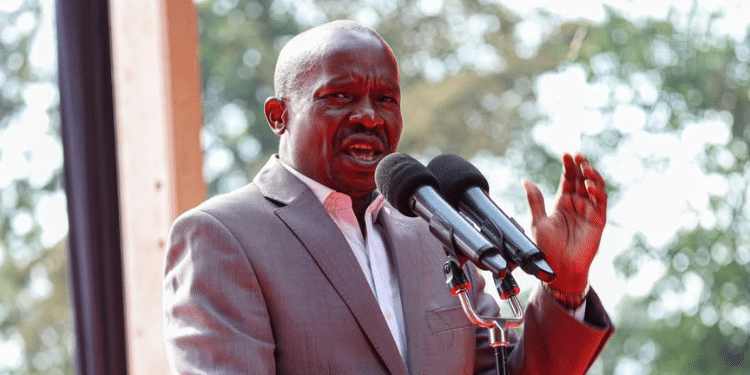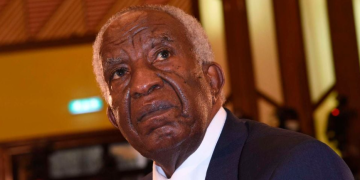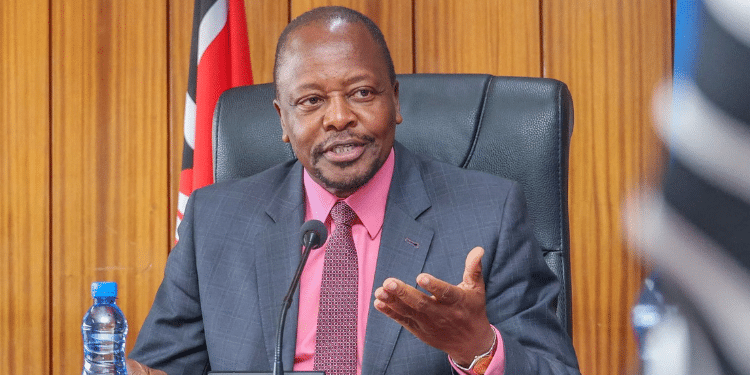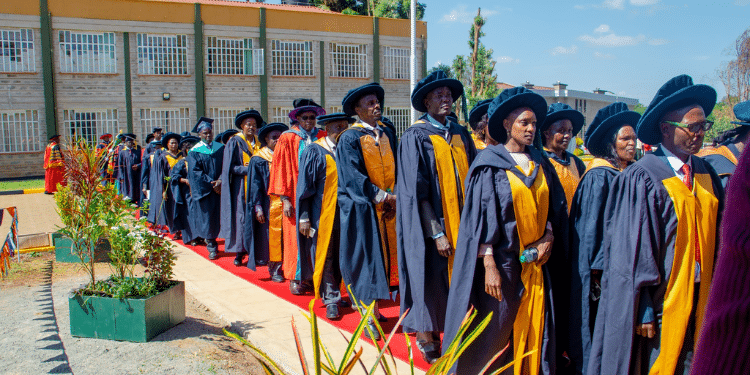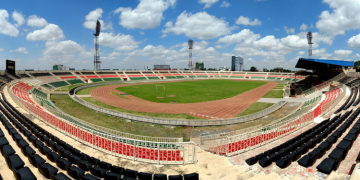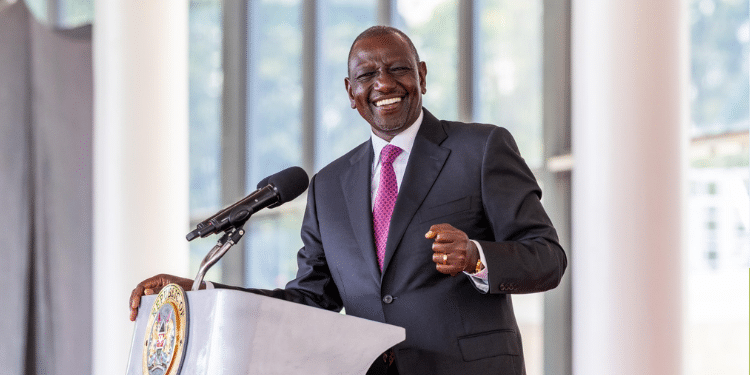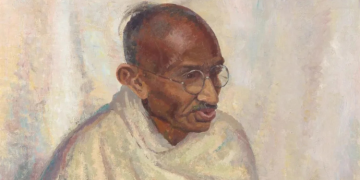Social media has stories of people taking multi-country road trips and sharing their experiences, hospitality across different communities and the varied cuisines along the way.
Africa is a vast continent and if one were to visit a country within the continent every three months, it would take about 14 years to complete all the 54 countries. Indeed, that’s a substantial amount of time to cover the continent and it would be an excellent boost for intra-Africa tourism.
Traveling is part of the African consumer. Tales of travels across the continent go centuries back in time.
The expeditions of Ibn Battuta in the medieval era highlight some of the earliest travel within the continent. From ancient Egypt with its trade and travel relations with the Kingdom of Sheba to the South and the exploration around the gold kingdoms of West Africa-it’s all about the earlier explorations within the continent.
Even within sub-regions, communities traversed their areas for trade, nomadism, migration, and exploration of new territories.
However, with invasions, wars, colonialism, and geopolitical interests, a lot changed to the detriment of the African traveler.
This resulted in complex and expensive trips within the continent. The bureaucracy runs across air, road, and sea modes of transport.
There are many growing voices on the need to relax visa requirements across borders within the continent.
Also Read: Intra-EAC Trade Hits $10 Billion Mark
The coming of age and awareness by most people of the continued relaxation of visa requirements within the continent is providing an opportunity for people, goods and services to travel.
This is well captured in the book ‘ Mwafrika-the people and market scene’ by Isaac Ngatia.
From his observation, the East Africa to South Africa circuit seems easier to navigate. East Africa to Central Africa is mostly used by trucks for trade. Road trips up to Kigali are common. Hopefully, the admission of Democratic Republic of Congo to the East Africa community will provide an incentive to extend such trips to the DRC. West Africa is slowly opening regional borders. Getting across North Africa by road is still a challenge.
Opening Africa to more road travelers will provide social and economic opportunities. Road transport provides many opportunities for understanding some local nuances ‘on-the-ground’. It helps to understand, demystify, communicate, appreciate aspects that one can miss by just flying in and out of a given region.
It is such micro activities that will provide ease in penetrating markets. The macro benefits will only be realized when the micro aspects are used as the building foundation.
Also Read: Ilemi Triangle spat – How Resources Fuel East Africa’s Border Conflicts
Ease of road movement will also provide an opportunity for markets to cover more parts of a given country. As people understand each other, the intra-Africa movement will ease. Products and brands developed within the region will also benefit.
Improvement of infrastructure across African countries presents marketers with an opportunity to widen their markets. It will make it easier to have a cross border ‘roadshow’ for products made within the region.
It is important to translate the macro policies and regional initiatives by highlighting the successes and challenges with cross border movements. Some of the challenges arise as the personnel charged with implementation are either not aware or turning a blind eye and retaining the status quo.
For instance, the Economic Community of West African States (ECOWAS) protocol on free movement within that region mandates member states to allow citizens of those countries with valid documents right of entry in their territories.
However, a recent video on social media by a key African traveler/blogger showed gap in implementation of this protocol. It is only by highlighting such incidents that movement across borders can ease.
It is when one travels across villages and realizes that ugali from Kenya, nshima from Zambia or fufu from Nigeria have key common aspects – and a brand such as jogoo or an Iwiza can be used to have the same outcome. In addition, know that fufu is prepared often from flour out of cassava or plantain than maize (corn), unlike ugali or nshima.
In a nutshell, ‘one who does not travel believes his or her mother is the best cook’-African proverb.


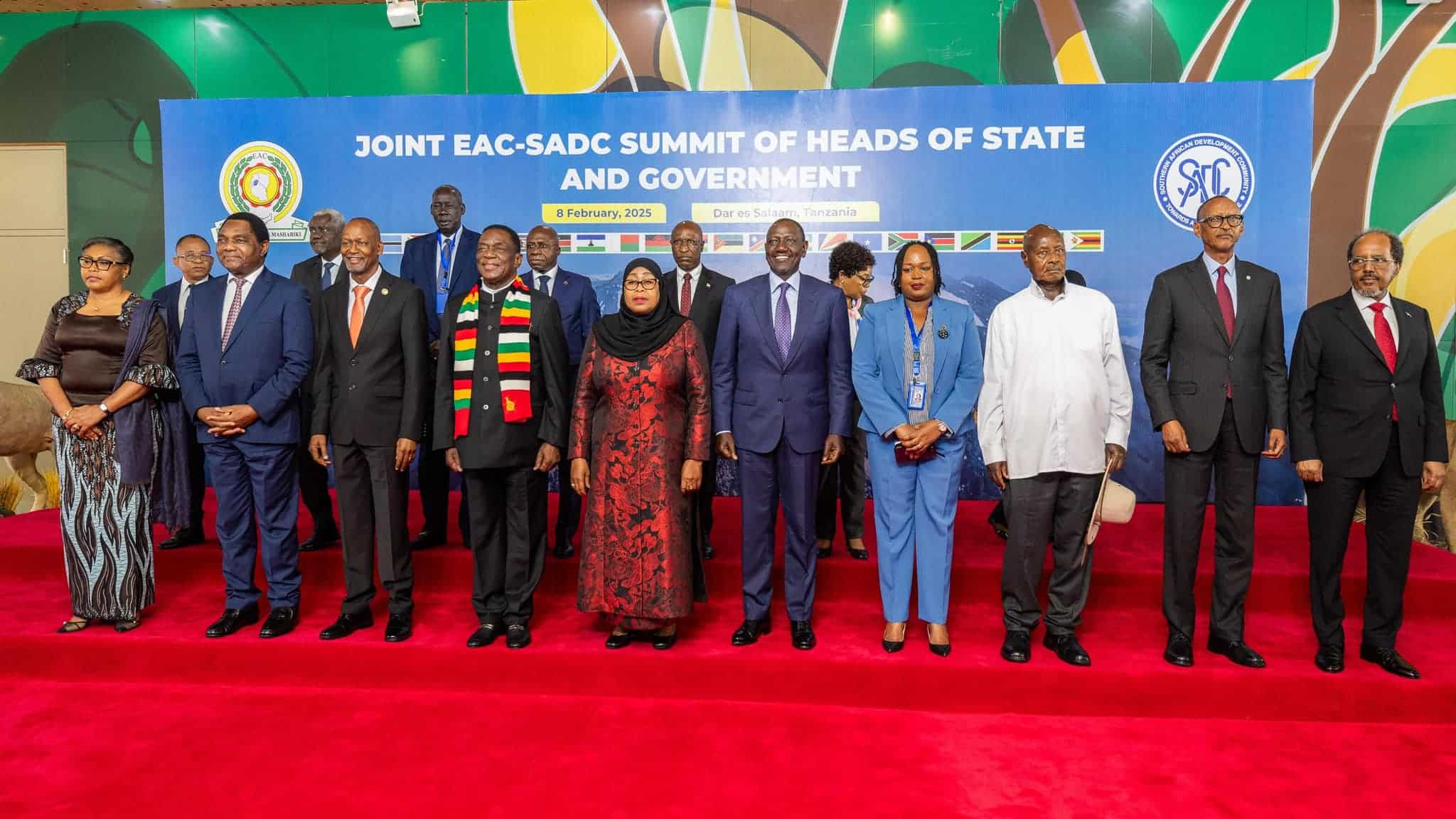
![Debate Rages Over Proposed Increase In Legal Drinking Age [Video] Nacada Raises Legal Drinking Age From 18 To 21]( https://thekenyatimescdn-ese7d3e7ghdnbfa9.z01.azurefd.net/prodimages/uploads/2025/07/beer-360x180.jpg)


